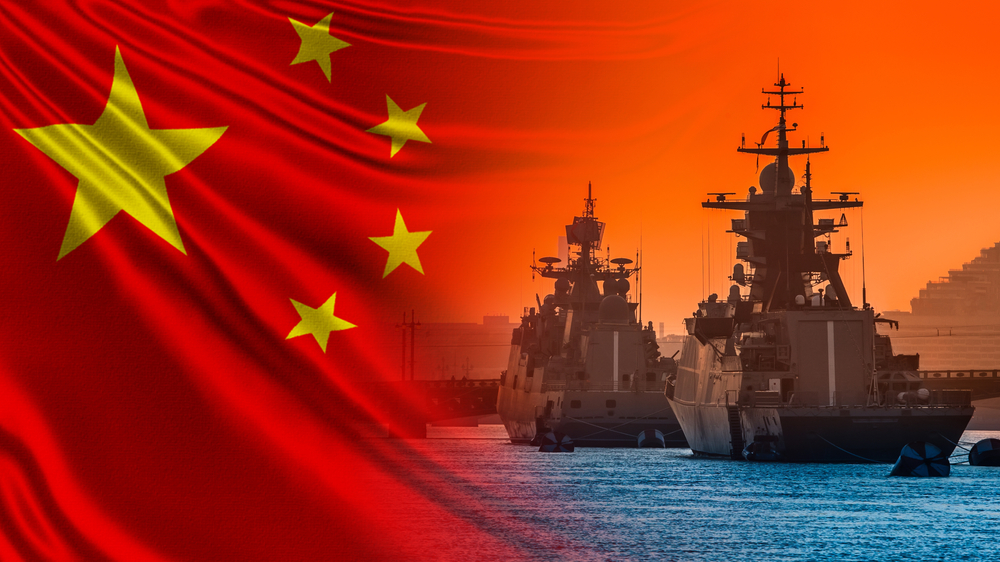The South China Sea, rich in natural resources, is believed to hold vast reserves of oil and gas.
Others are reading now
While much of the world’s attention is focused on the Middle East, a brewing crisis in the South China Sea could create widespread disruption in global trade.
Rich in Natural Sources
The conflict stems from escalating diplomatic tensions between China and several neighboring countries, including the Philippines, Vietnam, and Malaysia. China has staked claims over a significant portion of the sea, prompting pushback from countries with competing territorial interests, according to El Economista.
The South China Sea, rich in natural resources, is believed to hold vast reserves of oil and gas. According to Rystad, a Norwegian energy intelligence consultancy, the sea has proven reserves of about 3.6 billion barrels of oil and 40.3 trillion cubic feet (Tcf) of natural gas.
These discoveries have fueled the conflict, as countries race to tap into these resources.
Also read
Increasingly Dangerous and Illegal
Diplomatic tensions have started to spill into more confrontational actions. Chinese coast guard ships have increasingly harassed Philippine vessels in disputed waters, and there have been recent allegations of direct confrontations.
This week, both countries accused each other of intentional ramming incidents near Scarborough Shoal and Sabina Shoal—territories claimed by both but located within the Philippines’ Exclusive Economic Zone.
U.S. Secretary of State Antony Blinken has expressed concern over China’s “increasingly dangerous and illegal” activities in the region, calling for open negotiations to prevent further escalation.
The U.S. has reiterated its commitment to defend the Philippines, citing the 1951 Mutual Defense Treaty. Washington warned that any armed attack on Philippine forces or vessels in the South China Sea would compel U.S. military involvement.
The South China Sea is one of the world’s most critical maritime routes, handling about 60% of global maritime trade. If tensions continue to rise, the potential disruption to global shipping could be immense.
Experts warn that this crisis, if left unchecked, could lead to significant disruptions in key supply chains, further stressing an already fragile global economy.


